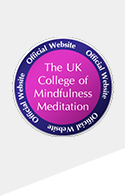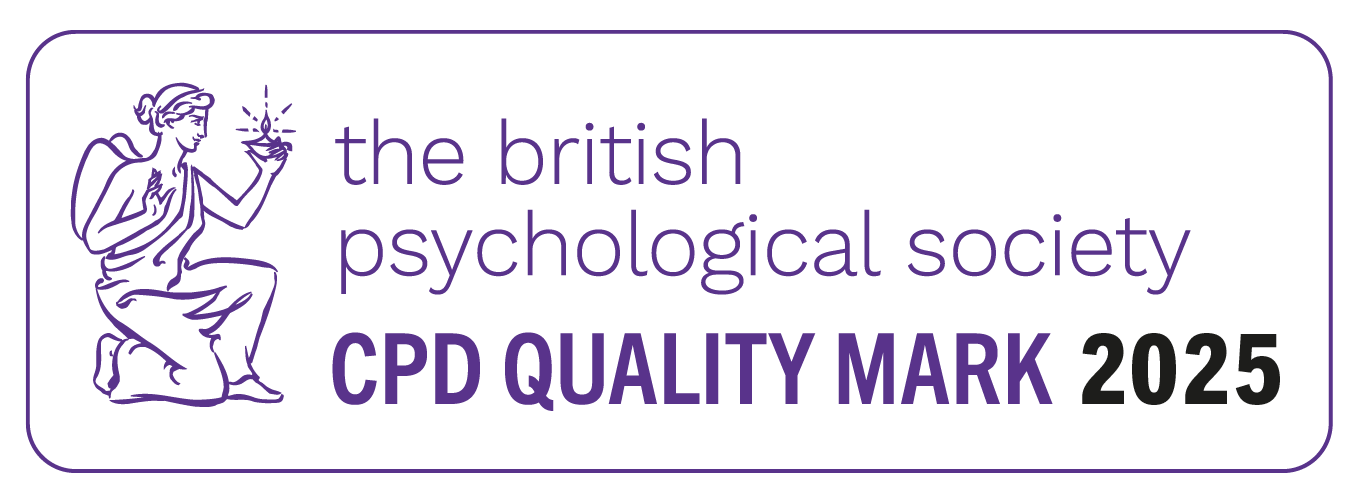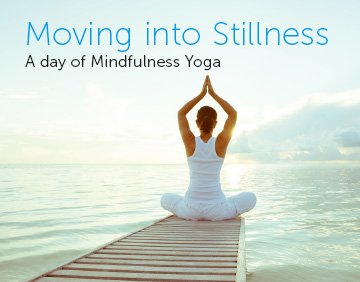Mindfulness is a form of meditation that particularly draws on the respectful experience of bodily sensations. It involves connecting with our body, being aware of it and attentive to it.
Mindfulness recognizes that body and mind are deeply interconnected.
Body awareness is important because this is where our feelings sensations and perceptions reside. We need to learn to understand our sensations and pay attention to them. They are our dashboard, reflecting the balance or imbalances within us. These feelings sensations and perceptions are what motivate our behaviour in the world.
Gentle mindful Yoga explores the way sensation, perception and feelings relate to each other as we work through simple/ gentle movement of the body. We will discover that well-being is more connected to how we respond to the feelings we perceive than it is to do with how strong or fit we are (exercise) or what we can do with our bodies (performance).
An important element of Mindfulness Movement is noticing tension and how we gather it; noticing tension and how we release it makes us “feel” different and gives us some way to change how we feel. Mindful practices explore patterns of movement and the relationships between body, breath, and release.
“In my experience, this kind of gentle mindful yoga is a lifetimes practice. It is a veritable laboratory in which to get to know your body and ever deeper ways. When it is approached with ease and respect for your body as a final arbitrator of what you should be doing on a particular day, it can yield rich ongoing revelations as we grow older”.
Jon Kabat Zinn
Traditions of Yoga, Buddhism and the connection with Mindfulness.
Mindfulness is partially drawn from the traditions of Yoga and Buddhism.
Yoga
In its oldest known form traditional Yoga (as opposed to western Exercise Yoga) appears to have been the practice of disciplined introspection or meditative focussing. Its objective ecstasy (samadhi) or self- transcendence. To transcend the human condition and go beyond ordinary consciousness and find bliss in the “ultimate reality”.
Yoga can be traced to the Indus civilization of Northern India (now Pakistan) 4500-2500 B.C.E. And to the Vedic and Upanishad scriptures.
Away from the current tradition-informed mainstream of Exercise Yoga, there is mindful/ grounded/ humanistic / intelligent /yoga which shifts away from the goal -orientated yoga. Instead experiencing the body /mind interconnectedness and its relationship to flourishing in the world.
Buddhism
Buddhism is the name given to a complex cultural tradition that arose from the original teachings of Gautoma Buddha (born 563 B.C.E.). Like Yoga (Upanishads) Buddhism sees the fundamental problems facing human beings is that of Karma (our actions) and its effects: desire, suffering and rebirth. The methods employed can be understood primarily in terms of renunciation, moral conduct, and meditation. The adoption of these leads to the acquisition of knowledge about the true nature of existence, which has the effect of liberating the practitioner from suffering.
Modern Western Secular Buddhism seeks to articulate a way of practising the Dharma (teachings of The Buddha) in the way that addresses the existential concerns of everyday human beings.
Mindfulness
Can be seen as a Western Progression of these two traditions. Stripped of many of the metaphysical claims and repackaged in a way that is secular and open to the critique of modern science and appeals to a western audience. The methods employed include self- enquiry and insight through meditation, body awareness and moral conduct.
The connection between Yoga, Buddhism and Mindfulness lies in the fact that self- enquiry through meditation and insight is an integral part of these practises. That in turn leads to less suffering and greater satisfaction in life.
Aston Colley
Bibliography
Peter Connolly , (2007). History and Philosophy Of Yoga. 1st ed. Equinox
Pete Blackaby , (2018). Intelligent Yoga. 2nd ed. Casita Press.
Georg Feuerstein, (2008). The Yoga Tradition. 3rd ed. USA : Home Press
Jon Kabat Zinn , (2013). Full Catastrophe Living . 2nd ed. USA : Piatkus .












